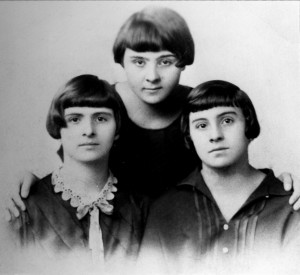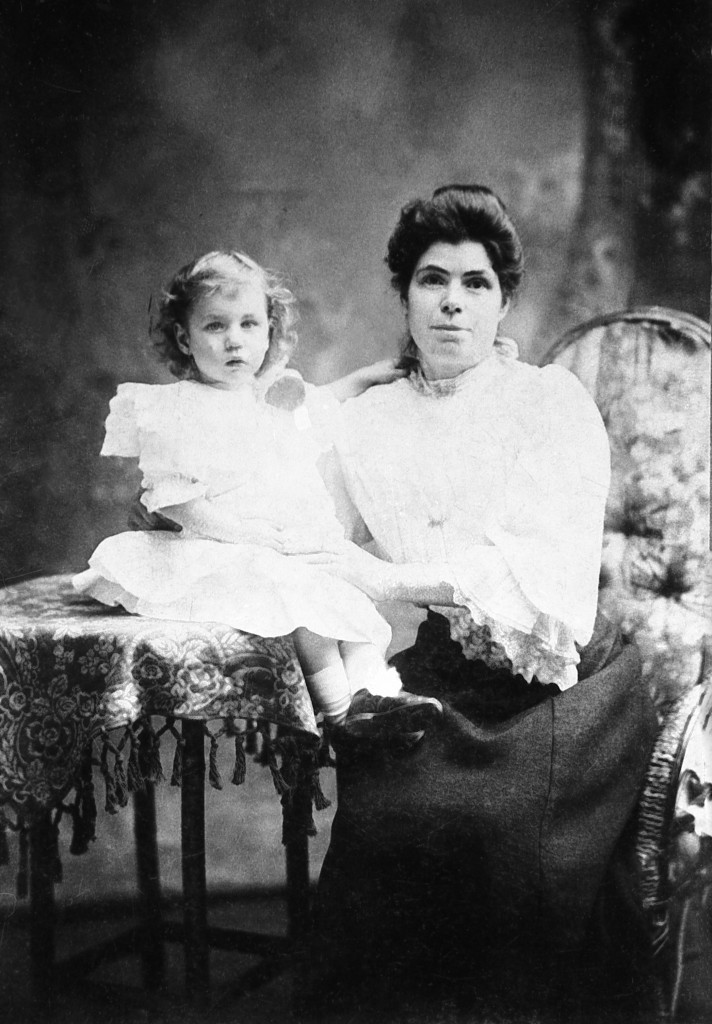How far back can I go to find my ancestors?
For the amateur genealogist, the answer depends on many issues.
- Up to the early 1800´s is not too difficult provided you have reliable sources of your 3rd generation to make ground to go further. With some patience, you will be able to get a big part of the necessary information online. In order to help you with your online check- up, we have published a list of the top genealogy websites at https://rebelato.org/genealogy-websites/ and top 10 places to search for vital records: https://rebelato.org/birth-marriage-and-death/
- Vital records are the best sources of family information. We have published an article you can refer to, to learn more about them: https://rebelato.org/birth-marriage-and-death/ I would like however, to add something to what I wrote before: vital records – even if they are the best sources of information- might be tricky, so it is important, to check them carefully and compare them with other records –either vital records or any other kind or records- so as to get the real picture. In my journey to find my ancestors, what amazed me most was the lack of coincidence in dates when comparing some vital records. I.e. according to my great-grandfather´s –Ferdinando Varini Paderni- birth certificate, he was born in 1854. But his death certificate, indicates he died in 1936 at the age of 78. This means that he either had 82 years old by the time he died or that he was actually born in 1858 and thus, he really died at 78. His wedding certificate is still missing but when I go to his daughter´ birth certificate, I find that she was born in 1888 and that he declared to have 30 years old by then (meaning he was born in 1858). From the 3 vital records, his daughter´s birth certificate is the only one signed by him, and it is hard to believe he was not aware of his real age. So going back to his birth record, I realize that in fact it does not look like any other birth certificate: it is typewritten and has a logo of the Comune di Correggio. This makes me guess it might not be the actual birth certificate but a notary public testimony done after birth and before photocopies were invented, so there is a big possibility mistake is there.
- If you reside in the United States, Canada, Latin America, Australia or New Zealand and your ancestors came from Europe, Asia or Africa in the last 100 years or earlier, you might face some extra difficulties. However, if you have a clear picture of what their places of origin are, and if you have at least an estimated date of departure/arrival, then you can check migration records, registers of passports issued in the country of emigration, passenger lists, etc. Nowadays much information of this kind is also available on line. For example, FamilySearch has great resources on line for this. You can also get information at immigration museums or libraries with specific immigration databases.
And once I exhaust online sources what can else can I do to find my ancestors?
- In many countries like the United States, Canada and France, civil registration is not a federal jurisdiction thus vital records are administered by each province and therefore not available in a unique database. In this case it is advisable that you check local archives. Sometimes, local archives can be checked online, otherwise, local archives, local libraries and immigration museums are a good source.
- If your ancestor´s origin is England or Wales you will face and extra difficulty when trying to get before 1837, cause for instance civil birth, marriage and deaths records only go back to that date. In this case, you have to look at public libraries for the parish records, which are incomplete and sporadic from parish to parish. For the best known English surnames, you can also check British periodicals, such as Gentleman’s Magazine (1731-1907).
For more information about these issues, please refer to our article: https://rebelato.org/local-library-genealogy-search/
And if this does not work, are there any other strategies I can follow to find my ancestors?
As follows I provide 5 additional search strategies you can follow once you exhaust your online sources. I combined some of them to find my ancestors.
- 1) Find your ancestor´s records indexed at LDS family search. Indexes are references to the documents LDS people have available even if they are not yet digitalized and published on line. If you find your ancestor in an index, be sure to click on the database title and look at the description to learn how to request the actual record. The full record will typically include details not found in the index. For more information on how does LDS family search work, please refer to our article: (here we could place a link to article nor. 14 as soon as it is available online).
- 2) Visit local public libraries and immigration museums. Local libraries usually have specific records on microfilm such as census, births, deaths, and marriages certificates, and also use to have phone books and directories going back a number of years. Many local libraries have a Family History section equipped with microfilm, fiche readers, printers, photocopiers and dedicated computers with Ancestry Software. Check our blog on the subject: https://rebelato.org/local-library-genealogy-search/
- 3) Take a DNA test. You are welcome to review our blog on the subject: https://rebelato.org/find-your-genetic-ancestry/
- 4) Get professional aid. Bear in mind that most professional genealogists tend to specialize in specific geographic areas, time periods or types of research. Please check our blog with information on the subject: https://rebelato.org/genealogy-research/
- 5) If you suspect or if you already know that any of your family lines has a coat of arms, you might find details of the 16th and 17th centuries in the manuscripts known as the heraldic visitations,many of which have been published by the Harleian Society. Numerous university and genealogical libraries have these publications. You can also ask support from heraldry associations. In England, the College of Arms is unsupported from public funds and access to its records is not fully available to general public. However, the heralds do undertake searches in the records on payment of professional fees. Besides England, some other countries have today Colleges or Arms and/or Heraldry Associations, that deal with all issues related both to historical and modern coats of arms. At: http://www.theheraldrysociety.com/treeview/links.htm you will find links to all Heraldry Associations in the UK and abroad, to the International Associations together with some other resources that could be useful to your search. You can also refer to our article: https://rebelato.org/family-coat-arms-heraldry/
As previously mentioned, to find my ancestors, I employed a combination of some of the above mentioned strategies and of course I suggest the same to any person interested in reaching further with family research.
By, Carmen Vazquez Sibils








